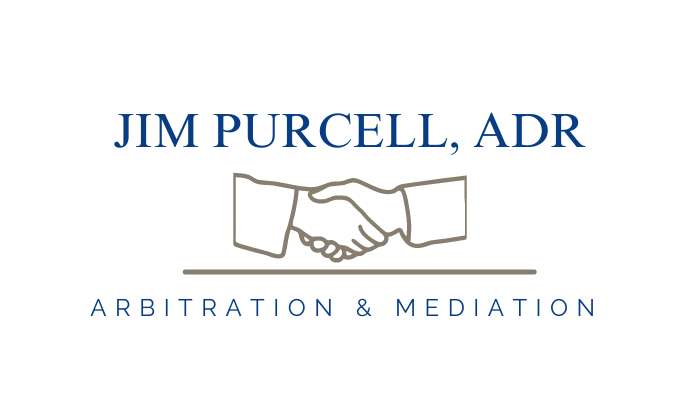 Healthcare disputes play a significant role in contributing to the overall healthcare crisis in the United States. Resolving legal disputes is often a long and arduous process. If litigation is pursued, the expense can be astronomical, and such expense becomes a “healthcare” expense that adds to the overall cost of delivering healthcare. As we all know, the dominant issue in the healthcare crisis is the increasing cost of healthcare and health insurance.
Healthcare disputes play a significant role in contributing to the overall healthcare crisis in the United States. Resolving legal disputes is often a long and arduous process. If litigation is pursued, the expense can be astronomical, and such expense becomes a “healthcare” expense that adds to the overall cost of delivering healthcare. As we all know, the dominant issue in the healthcare crisis is the increasing cost of healthcare and health insurance.
Accordingly, more and more disputes in healthcare are being resolved through mediation and arbitration. These two forms of alternative dispute resolution are even being employed in many healthcare contracts today, and for very good reason.
In mediation, a trained third party neutral assists the parties in settling their dispute. The mediator doesn’t actually have the authority to render a decision. Instead, this person takes on the role of facilitator. Arbitration, on the other hand, is a hearing that is conducted by a third-party neutral. The final decision made by the arbitrator is enforceable and binding. In some cases, mediation can be followed by arbitration in the event that there are still some issues unresolved at the end of mediation. If that occurs, best practice is to use someone other than the mediator as the arbitrator.
There are several advantages to employing mediation. Mediation is far less expensive than litigation. Consider: In a moderately complex case, to take the case through verdict in court may cost the parties collectively $100,000. Using a mediator with a billing rate of $400/hr., for preparation time and a full day’s mediation, the cost usually is about $5,000. I rest my case. And if mediation succeeds in resolution, you’ve saved time, resources, and perhaps a relationship given the more gentle process mediation uses. Lastly, the mediator usually is skilled in the subject matter of the dispute, and can help fashion a more flexible and creative resolution that serves the needs of both parties.
When the parties cannot mutually resolve their dispute through negotiation or mediation, arbitration is much more effective than court litigation for a variety of reasons, and particularly so in healthcare disputes. Healthcare disputes often are complicated, and it helps to have a decision maker who has experience in that area. Judges typically do not. Arbitration usually is far quicker and less expensive than court litigation. The parties can schedule hearings at their convenience rather than being at the convenience of the court. The parties can choose their arbitrator. Courts don’t allow a choice in judges. And the process and resolution are confidential and private, usually an important thing in healthcare disputes. Lastly, there is no res judicata effect in arbitrations (precedent). Add to that less discovery, and hearings in a more relaxed setting, and what’s not to like?

